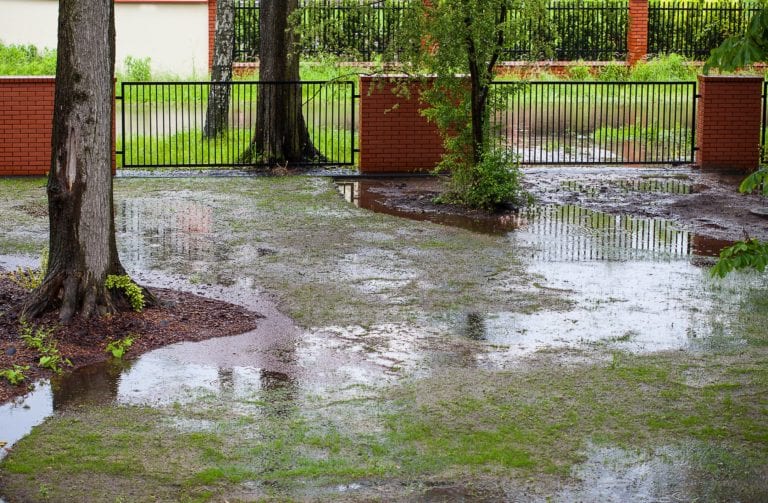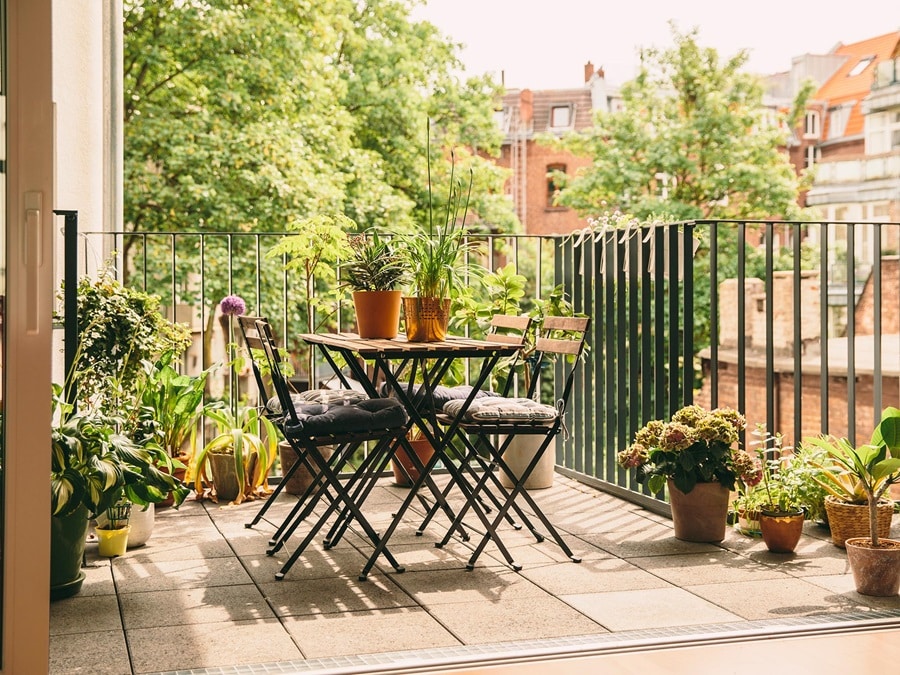A thriving, vibrant yard can be the jewel of any home, a place for relaxation, gatherings, and connection with nature. Yet, maintaining this green haven can present its own challenges, not least of which is dealing with the menace of pests. Pests, including insects, rodents, and other unwanted visitors, can wreak havoc on your cherished outdoor space, causing damage to plants and disrupting the serene environment. With growing environmental concerns, it’s becoming increasingly important to find natural pest deterrents that are safe for the environment, non-target organisms, and your health.
Contents
The Importance Of Natural Pest Control
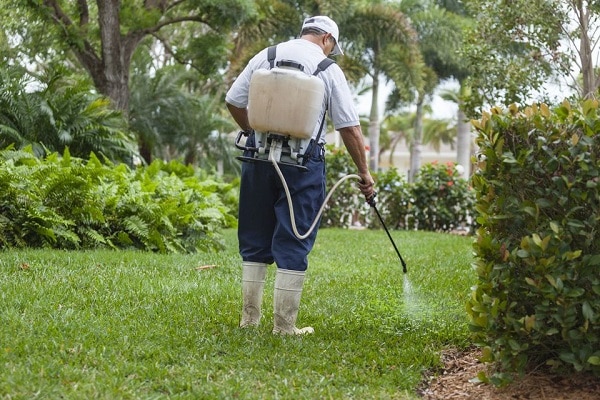
Synthetic pesticides, while effective, often come with an unintended price. These chemicals can leach into the groundwater, harming aquatic life, and leave residues on your plants that can be harmful to humans and other non-target species. Not only that, pests can develop resistance to these chemicals, leading to a vicious cycle of increasing usage. However, there is a safer, more sustainable alternative – natural pest control.
Natural pest control, using methods that rely on the forces of nature, can be equally effective without the associated environmental and health risks. By understanding and working with the natural behaviors of pests, we can discourage their presence in your yard. Moreover, natural methods can contribute to maintaining the balance of the local ecosystems, protecting beneficial insects, and promoting biodiversity.
Understanding Common Yard Pests

Before diving into the world of natural pest deterrents, it’s essential to understand who you’re dealing with. Common yard pests can range from tiny aphids sucking the life out of your roses to bigger nuisances like rodents digging up your bulbs. It’s also worth noting that what’s considered a ‘pest’ can vary greatly depending on your geographical location and the types of plants you’re growing.
Each pest species has specific behaviors and preferences, understanding which can help devise effective strategies to deter them. For example, some insects are attracted to specific types of plants or thrive in certain conditions. By altering these conditions or removing their preferred food sources, you can make your yard less appealing to them. Transitioning from understanding these pests, it is also essential to recognize the role of beneficial insects and other natural predators in controlling them.
Beneficial Insects And Natural Predators

Believe it or not, not all insects in your yard are out to destroy your precious plants. Many insects and other creatures play crucial roles in controlling the populations of pests naturally. Ladybugs, for instance, are voracious predators of aphids, while birds and bats can keep insect populations in check.
Understanding these beneficial creatures and how to attract them can be a powerful tool in your natural pest control arsenal. Planting certain types of plants, providing habitats, or even installing bird or bat houses can encourage these natural predators to make your yard their home. Not only will they help control pests, but they can also contribute to your yard’s biodiversity and overall health.
Planting Pest-Deterring Plants
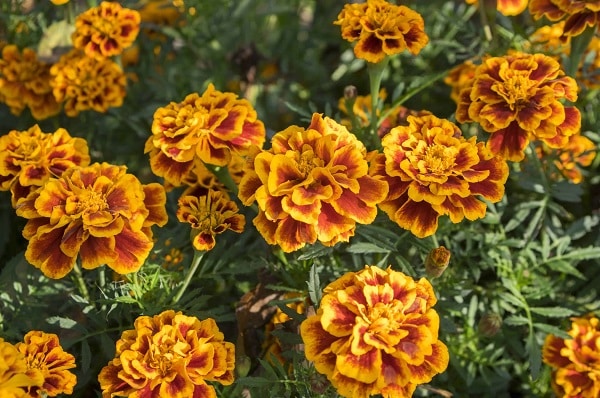
Mother Nature offers her own brilliant solutions to pest control, one of which is through certain plants that are known to repel specific pests. These pest-deterrent plants emit scents or substances that pests find unappealing, effectively driving them away. Examples include marigolds, which are known to deter aphids and nematodes, and lavender, which can repel moths, fleas, and flies.
Strategic placement of these plants can significantly enhance their effectiveness. Planting them near the entrances to your home and around the perimeter of your yard can create a protective barrier against pests. Also, interspersing them with other plants can help protect those plants from pests while adding variety and beauty to your yard.
Homemade Natural Pest Repellents

Did you know that common household ingredients can be used to concoct effective pest deterrents? A simple mix of water, dish soap, and some garlic or hot pepper can deter a wide range of insects. Other homemade solutions involve using ingredients like vinegar, essential oils, or even beer.
Creating these homemade pest repellents can be a cost-effective and eco-friendly method of dealing with pests. Not only do they save you money, but you also have the assurance of knowing exactly what goes into your pest control method, free of any harmful chemicals. However, repellents aren’t the only strategy. Physical barriers can also be very effective in keeping pests at bay.
Implementing Physical Barriers
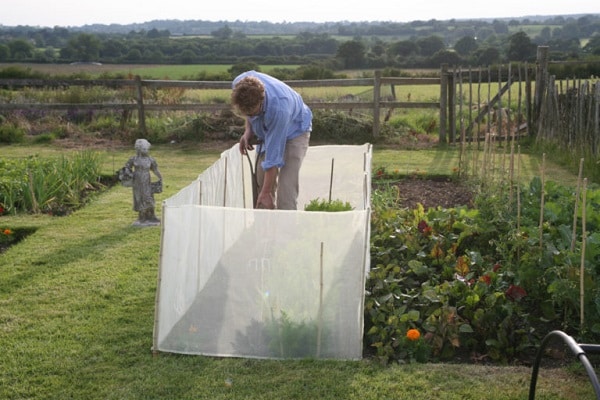
Sometimes, the best way to deter pests is to prevent them from reaching your plants in the first place. Physical barriers, such as fences, nettings, and covers, can be highly effective in keeping out larger pests like rabbits, deer, or birds. For more minor pests like insects, row covers or insect netting can be used to protect your plants.
Implementing physical barriers not only helps prevent pest damage but also reduces the need for other pest control measures, both synthetic and natural. It’s an approach that requires some initial effort and investment but can pay off in terms of reduced damage and peace of mind. However, no barrier is foolproof, and regular yard maintenance is also a key element in natural pest control.
Proper Yard Maintenance
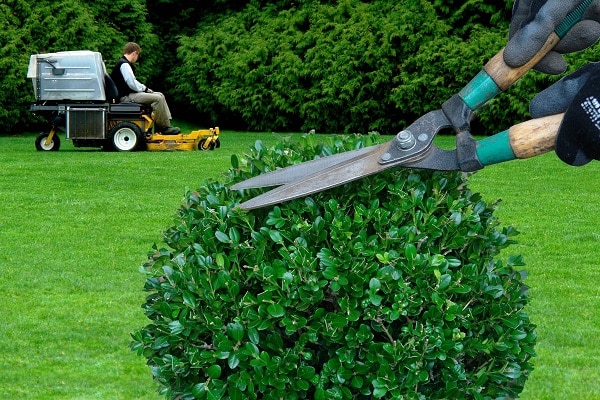
A well-maintained yard is not just aesthetically pleasing but also less inviting to pests. Regular activities like pruning can help keep pests in check by removing areas where they breed or feed. Proper waste disposal, particularly of organic waste like fallen fruits or leaves, is also crucial in denying pests their food and breeding grounds.
Keeping your plants healthy is also an essential part of yard maintenance. Healthy plants are more resilient and can better withstand pest attacks. This includes proper watering, feeding, and care of plants to ensure they’re at their healthiest. And if you ever do spot signs of pest infestation, take quick action to deal with it before it gets out of hand.
Integrating Pest Management Practices
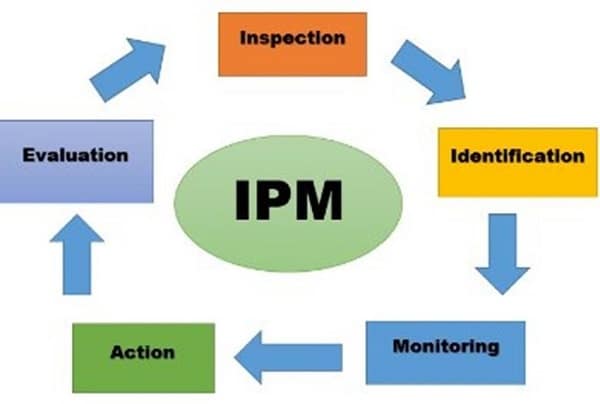
Unfortunately, relying on one single method of pest control might not yield the best results. Instead, an integrated pest management (IPM) approach can be more effective. This involves combining various strategies – from using pest-repellent plants and homemade remedies to installing physical barriers and promoting beneficial wildlife – to control pests naturally and sustainably.
Adopting an IPM approach not only helps keep pests under control but also contributes to a healthier and more balanced yard ecosystem. It’s about understanding that your yard is part of a broader environment and managing it in a way that respects and promotes that balance. As you finish up with this post, it’s important to reflect on the significance of all these natural pest control methods.
Start Implementing Natural Pest Deterrents In Your Yard!
Maintaining a healthy and thriving yard is a rewarding endeavor, made more so when you do it in a way that respects nature and promotes environmental balance. As you’ve explored, numerous natural strategies can be employed to deter pests, each contributing in its own unique way. From understanding pests and their behaviors, welcoming beneficial creatures, and using plants as natural deterrents to maintaining your yard regularly, you can effectively manage pests without resorting to harmful chemicals.

